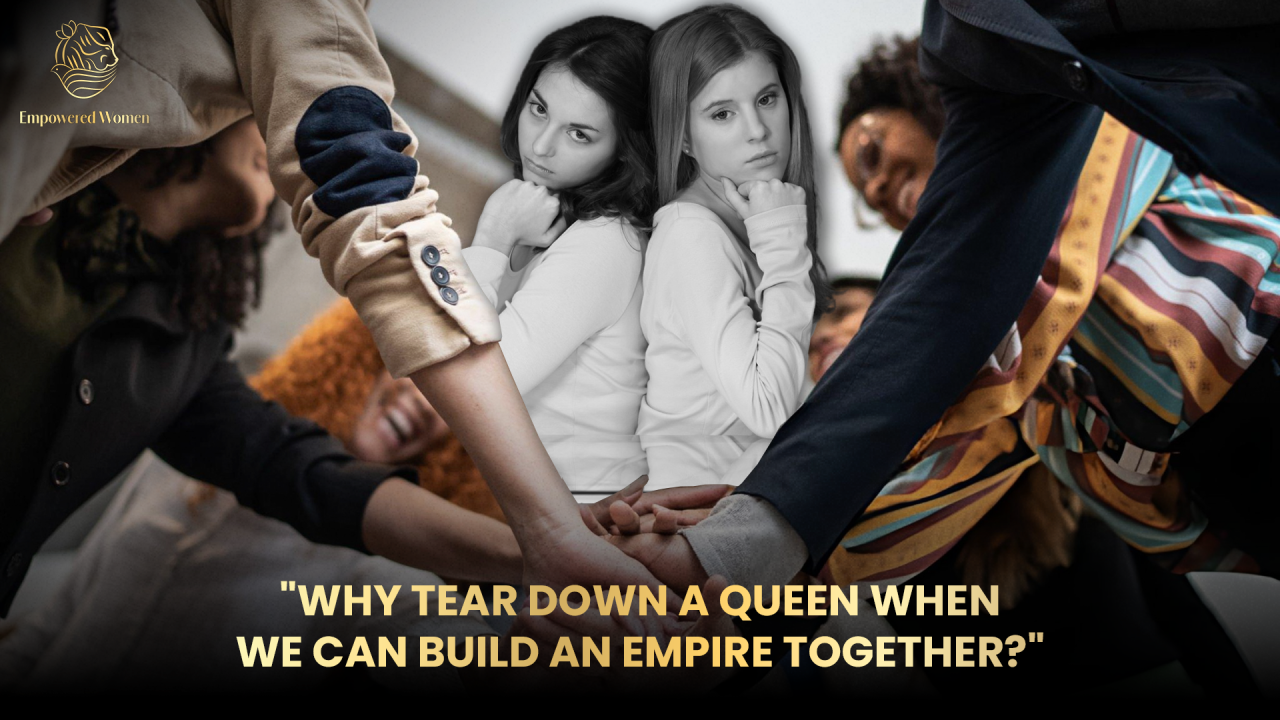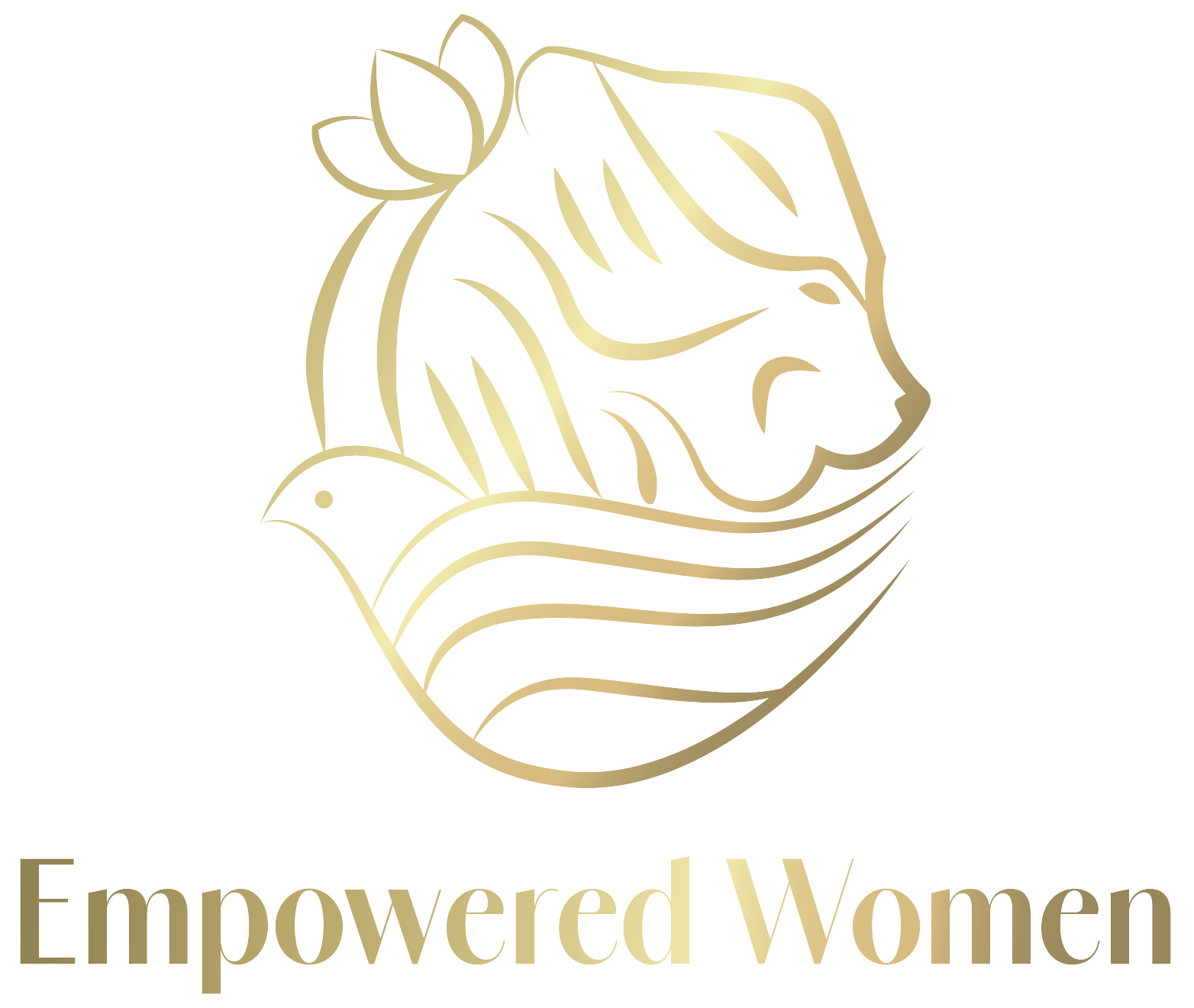One of life’s most profound ironies is how often the barriers women face are constructed not just by society but by other women. Whether in bustling cities or quiet villages, the struggles may wear different attire, but their essence remains surprisingly similar.
In some families, a mother might, unknowingly, plant the seeds of self-doubt in her daughter. Instead of celebrating her birth, she laments, “You’re a burden,” blaming her for life’s hardships. This narrative, whether expressed as limited opportunities in a village or subtle criticism in an urban household, teaches the daughter to carry guilt she never earned. Imagine the transformation if instead, her mother saw her as a beacon of strength and hope.
Another familiar scenario unfolds when married women assert their dominance over unmarried or widowed neighbors by leaning on societal norms. A simple phrase like, “Let my husband talk to you,” becomes a way of saying, “I have a protector; you don’t.” Instead of intimidating, what if that same woman extended a hand of friendship, showing solidarity rather than superiority?
Widows and single mothers often bear the brunt of judgment, irrespective of geography. In cities, they might be labeled “too independent,” while in villages, whispers of their “unlucky shadow” might follow them everywhere. Yet, what if the narrative changed? What if these women were celebrated as symbols of resilience and strength, inspiring others with their ability to rise above societal expectations?
The fear of societal judgment—the infamous “log kya kahenge” (What will people say?)—keeps many women trapped in toxic situations. They dream of walking away but worry about what awaits them outside. This fear doesn’t discriminate; it binds women in high-rise apartments as much as it does in small villages. But imagine a world where society admired courage instead of compliance, where stepping out of pain was seen as an act of bravery, not rebellion.
Ironically, women themselves often become gatekeepers of these outdated norms. In cities, advice like “stay for the children” mirrors the village elder’s suggestion that a widow shouldn’t attend festivals. But this cycle can be broken. Change starts when women choose to lift each other up instead of reinforcing the chains that hold them down.
How Can We Bring Change?
Celebrate Empowerment in Education:
Teach young girls and women that their worth isn’t tied to their marital status or societal approval. Knowledge—both academic and emotional—is the key to breaking these cycles.
Build Supportive Communities:
From self-help groups in villages to online networks in cities, safe spaces where women can share, support, and uplift each other can redefine their experiences.
Redefine Respectability:
Challenge the notion of “log kya kahenge.” Normalize celebrating courage and choices rather than endurance. Let bravery become the new benchmark for respect.
Highlight Role Models:
Showcase stories of single mothers thriving, widows leading communities, and women making bold choices. Their journeys inspire others to see what’s possible.
Raise the Next Generation Differently:
Teach boys and girls to value empathy and equality. When we raise a generation that respects and uplifts, we build a stronger foundation for change.
The Power of Standing Together
The next time we, as women, encounter another woman’s struggles, let’s ask: “How can I help her rise?” Imagine a world where women in villages and cities unite, overcoming struggles not alone but together.
If fear of judgment ever looms large, remember this: people will always talk. Let their words reflect your courage, strength, and the unshakable bond of women standing together. Change begins when we support one another, and together, we can redefine what it means to be a woman in today’s world.
Let’s give society a new story—one of unity, empowerment, and unstoppable growth.




